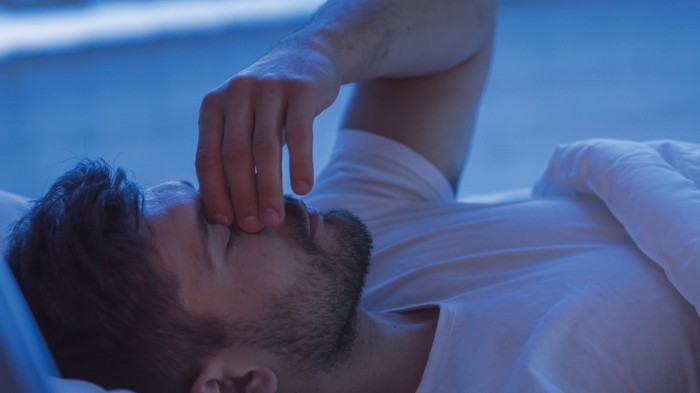Insomnia can be a sleep disorder in which everyone is unable to drift off or stay asleep. Most Australians experience insomnia in the course of their lives, contributing to 1 in 10 individuals have at least mild insomnia at the same time. It is more established ladies and older people.

Insomnia may include:
difficulty getting to sleep
waking up throughout the night inside them for hours trouble finding comfort sleep
awakening to soon
Sometimes people experience the three.
Some people experience insomnia for the small amount of time, for instance when they are worried or stressed. But not insomnia is chronic (called chronic insomnia disorder), meaning people have trouble falling or staying asleep for around A few months, in addition to being impaired in the daytime.
What are the signs of insomnia?
People experience insomnia differently. Many of the symptoms of insomnia are:
trouble sleeping
waking a great deal during the night
waking up to soon and will certainly get back on sleep
not feeling refreshed once you wake up
Insomnia can lead to the next symptoms throughout the day:
tension headaches
feeling tired or becoming too sleepy to do normal activities
poor memory and concentration
worrying about sleeping
feeling irritable or moody
being hyperactive, aggressive or impulsive
losing curiosity about doing things
reduced energy and motivation
feeling sleepy when sitting quietly
The causes of insomnia?
Sometimes there’s no underlying reason for insomnia. This is what’s called primary insomnia.
Sometimes there is an underlying cause for instance a overall health condition, anxiety, depression or sleep disorder. This is whats called secondary insomnia.
Insomnia may be made worse by:
poor sleep habits (sleep hygiene)
substances including caffeine, nicotine, alcohol, amphetamines plus some prescription medicines
stress, a result of work or financial problems, relationship issues or grief
medical issues, particularly conditions causing pain, hormone changes (e.g. hot flushes and night sweating during menopause), and breathing, urinary or flatulence
mental health problems – insomnia can be a characteristic of anxiety, depression and other disorders
sleep problems, including obstructive sleep apnoea, circadian rhythm disorders brought on by irregular sleep patterns, restless legs syndrome and periodic limb movement
life stage – elderly people may have insomnia
shift work – individuals who work different shifts often tend not to sleep and also those who work set hours during the day
When can i see my doctor?
It is a good idea to view your doctor should you be having difficulty sleeping or else you are receiving problems with your mood, feeling restless during intercourse, snoring badly or awakening not feeling refreshed. Keeping a sleep diary is an excellent approach to track symptoms, which you can present to your quality of life professional.
We apply CBT-I to resolve your insomnia problems quickly. Do you feel tired because of insomnia? Do you dread likely to work? Sometimes you may feel anxious inside your relationships? Get a life back in 6 sessions, and without chemistry. We greet you online, in the convenience your cocoon, including on weekends on your outings. CBT-I (CBT-I), Cognitive-Behavioral Therapy for Insomnia, is definitely an advanced scientific method with demonstrated effectiveness in the popular.
State-licensed psychologist (France), university degree in neuropsychology, certified hypnotist (France), Ecole Normale Superieure d’Ulm graduate, Columbia University visiting student.
For additional information about sleep therapy go our new resource
